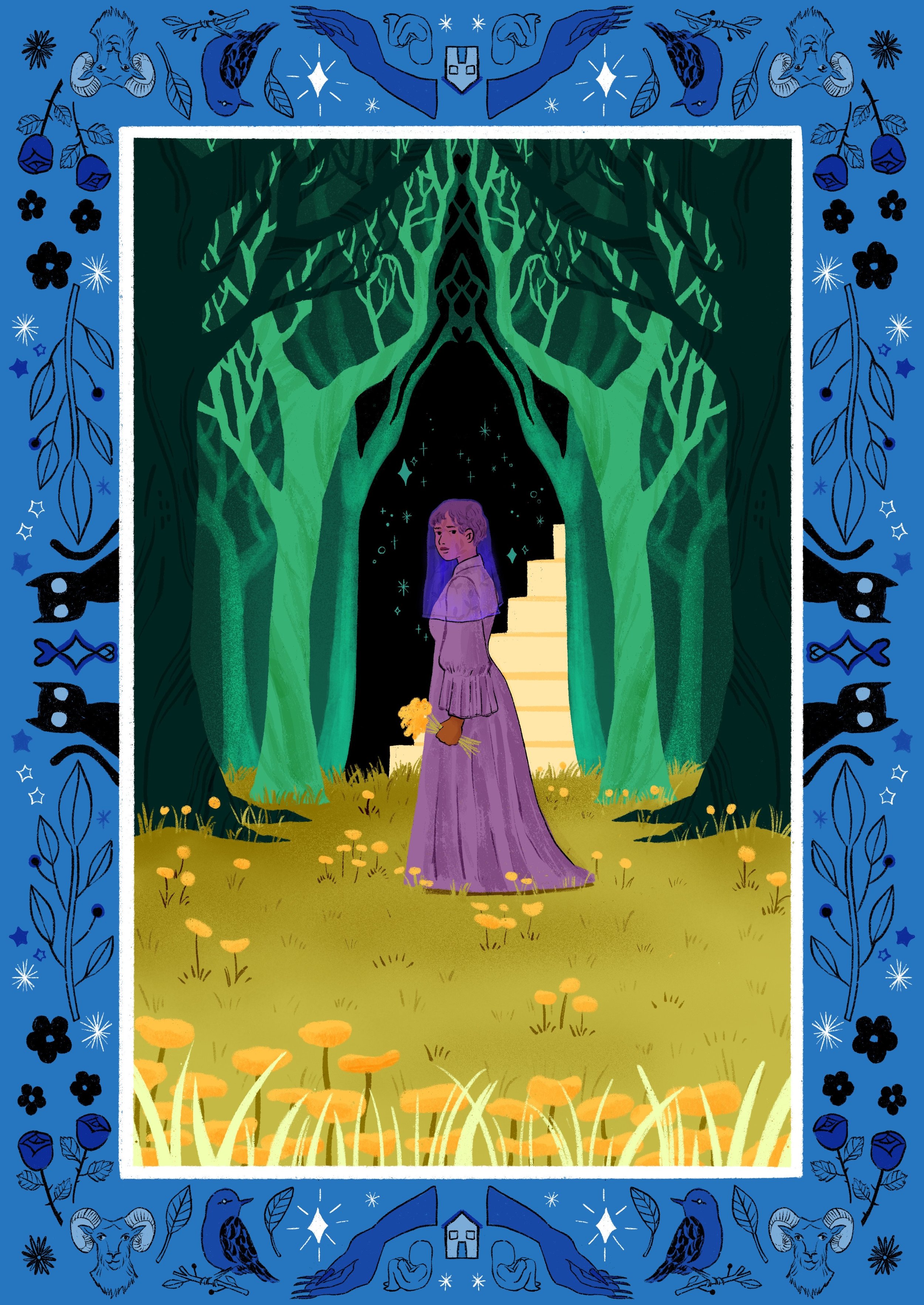
Julie Boden (1.06.1960 – 29.09.2021)
Recently I heard that my brilliant friend, the poet Julie Boden, had died. Julie was an important figure in the West Midlands poetry scene. Her poetry collections included Beyond the Bullring (2001), Cut on the Bias (2002), Through the Eye of a Crow (2003), Wasted Lives (2004), Bluebeard’s Wife (2005), and she edited numerous anthologies including co-editing with me Bluebeard’s Wives (2007). Her achievements and contributions in poetry were many: she was Birmingham Poet Laureate (2002-2003), and she founded many great initiatives like Poetry Central, Warwick Words Festival, and the Oasis Café Theatre.
Julie loved projects mixing music and poetry, and she was poet in residence at Symphony Hall Birmingham (2005-2015). The film animation created by her and Chris Randall, Mechanical Musical Marvel (2012), was BAFTA nominated. The play that she and Mike Kenny created with Sante Theatre, ‘Cracked’, began touring in 2014. A much-admired teacher and writer, Julie also acted as an educational and creative consultant, for example as part of the ‘Learning Changes’ team. Julie had been ill for a while—an immune-related condition that began with food allergies but became very disabling—however, she had a rich and remarkable life.
Julie was born in Falcon Lodge in Sutton Coldfield in 1960—her daughter Charlotte tells me it was ‘not the posh bit’—her father was a toolmaker, and she grew up in a very happy family with her father, mother and older brother, Peter. Julie describes her early life: ‘I was born on the Falcon Lodge Estate in Sutton Coldfield. My father worked in various factories in Birmingham. He was salt of the earth, working all of his life to support the family he loved and to offer us the opportunities he had not been afforded. My brother was kindness itself. My mother loved us all and she loved to sing, so she often made up songs about how much she loved us! How fortunate I was to be born into such a family and to be so truly blessed.’
Julie was also a close observer of the world around her: ‘I remember watching net curtains dance in the wind of my open bedroom window and witnessing the comings and goings of Martin House (the house martin) who lived in the eaves of the roof above. I liked to wander on my own in the back garden so I could breathe in the smell of the earth after a storm and sense the energy radiating from rose bushes, rhubarb leaves—in every blade of grass. I longed to express my sense of wonderment and to capture, in words, the sensations of being alive.’
My hands were two rakes moving leaf-mould mountains.
Each leaf, a fallen face. Each twig, a separate story.
Every cone sang the song of its pine.
Julie Boden, Wasted Lives
Julie always loved poetry but did not envision a writing career. Julie says: ‘I wrote poetry for family birthdays and anniversaries but never planned to become a writer. I don't think it occurred to me that earning a living as a writer was a possibility for someone ordinary like me.’ Instead, she went to teaching training college, and took on a part-time job at the Moxhull Hall Hotel in Sutton Coldfield. There, she met and fell in love with the owner, John Boden, and the two were married in 1982. They had two children Nathaniel and Charlotte, eventually sold the hotel and moved to Leamington Spa.
* * *
It was in Leamington that I became friends with Julie. I had just come back from an Eric Gregory Award funded writing trip to Central America, and was writing my PhD thesis. I lived in an attic up five flights of stairs in an elegant, white, Georgian building with ornate rails and steps up to the front door. In the basement, lived a middle-aged actor, on the ground floor a couple who—from the noise—always seemed to be having sex or arguing, upstairs was a Marxist Business Studies professor, and above a flat of computer scientists. That was Warwickshire—lots of arts workers, professors, students, not just middle-class people, musicians, hippies, people from all over the world too.
Julie was now a full-time poet and freelance consultant and teacher, and, in Leamington, she was a fixture—everyone knew and loved her. On a Friday afternoon, I would go to Rhubarb-Rhubarb for a drink, where I bumped into Julie so often that we ended up planning to meet every Friday. We were editing an anthology together for the Heaventree Press: women from the Midlands writing in response to Bartók’s opera Bluebeard. As part of Julie’s residency at Birmingham Symphony Hall, she gathered a big, diverse group of women writing in the West Midlands and led workshops to inspire us. I was glad when I was asked to edit an anthology of the resulting poems with her. The Bluebeard story is one that lends itself well to feminist writing, encompassing violence against women (the murdered wives), coercion, the forbidden key, the bloodstain evoking myths about the wedding night. The work was tremendous, and Julie was all about lifting up other women and giving them space to write their own versions of the story.
I has first met Julie before Leamington though. As an undergraduate on the Writing Warwick Programme, there were many readings and events, and I would often feel shy about attending them. Julie was present and always very encouraging to me as a young writer. She had a mane of red-brown hair, witchy eyes, and her voice was warm with the Birmingham lilt that I grew to be very fond of. I can still hear her voice—the melodic way she spoke, how her voice was full of wit, and she would often burst out into a laugh unexpectedly. She had a way of saying things that brought out the humour in them. The storyteller, Katrice Horsley, describes Julie as wearing ‘her gravitas lightly . . . coupled with such integrity and also hunger for life and all it had to give. Such humor as well . . . how we laughed.’
The Priest and the Prostitute
read their truths on the lavatory wall.
Julie Boden, ‘Men Think Their Way Into Being’, Through the Eye of the Crow
Like most people, Julie had parts of her life that she did not reveal to others and that I can’t write about directly but as I got to know her, I began to realize that she had gone through some personal hardships, losses, and grief, and a sense of that filtered into her work. In ‘Bracebridge’ (Beyond the Bullring, 2001) dedicated ‘For Lucy’ are the painful feelings of a mother losing a child:
Pushed out like a sleigh one May morning.
The dry land would not carry you.
In the stillness of your birth,
My heart felt the coming of winter.
The poem continues:
If, in the tiny promise of your life,
if parts of you have helped another live
then there is something else that we can bless.
Only, let them hear the music of your life,
the music tiny organs might have played,
before they take the knife.
When I found out that Julie had died, I wrote to an old friend, Peter Blegvad, the poet/artist/rock-god, because back in those Leamington days, we all worked together at a Creative Writing school for gifted youth at the University of Warwick. Peter wrote back: ‘It was wonderful teaching those NAGTY sessions with Julie—the kids adored her—and so did we, right? I certainly did. Being psychic was part of her gift, one of her many talents. I won’t forget her.’
I had half-forgotten about Julie being psychic. On one of the excursions from the school, we visited Guy’s Cliffe, a 1751 mansion, the site dating back to the Saxons, but now in ruins. As we walked around the place, she seemed to pick up on energy in particular spots—in fact, the staff there told us that these were the sites of various traumas. Maybe it was coincidence, but Julie believed she was a psychic, and she was convincing. She also seemed to be a deeply spiritual person, but not in a church-going sense. Thinking about the writing process, she described concentrating on ‘a candle, flames in the fire, a pebble, a blade of grass or a shell on the beach. It is a bit like a meditation . . . sometimes more than that . . . a way of shapeshifting . . . a mystical union . . . I suppose it is a dissolving of barriers between yourself and the world that you perceive and also drifting into otherness.’
The Priestess
rose her body from the chair,
struck the sceptre hard upon
the mound,
smiled a toothcomb waterfall
of light
to straighten up
the Cader Idris trail.
Julie Boden, ‘The Priestess’, Through the Eye of the Crow
When I moved to the US, I didn’t see Julie as much, but she rang me once and told me that she was having problems in her marriage with John, and that she had fallen in love with someone else—she didn’t say who. We talked about it that once, but then she became ill. Her and John separated but they continued to have a deep affection for each other, and though she had her own apartment, they would see each other most days, often to walk her beloved shih tzu, Rumi. She never mentioned this other man again, so I never forced the question about it.
Julie was a remarkable person: unforgettable, charismatic, warm, funny, and charming. The poet, Angela Topping, describes her as ‘talented, warm, kind, and beautiful.’ To sum up—in writer Sarah Leavesley’s words: ‘She gave off light.’
In interview, Julie had to be pressed to give a metaphor for writing, saying she didn’t want to be pretentious. But in the end, she described the act of writing as ‘fitting into . . . a glove and being a glove at the same time’ and ‘for a moment they fit perfectly . . . then you’re on your own again’. That’s exactly what Julie’s life and art did—reaching across, entering into empathy with others, trying to move beyond oneself. It is a great loss to lose a writer like that. It is a great loss to lose a person like that.
I whispered to the stars
May all your dreams come true
I whispered to the moon
May her face shine down on you
Julie Boden, ‘Birth Song,’ Through the Eye of the Crow
Zoë Brigley
April 2022
Note: quotations by Julie Boden were extracted from an interview by Jude Brigley for her PhD research at Swansea University or from Julie’s website.



